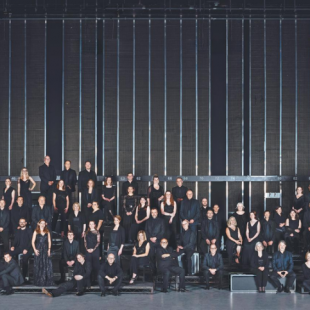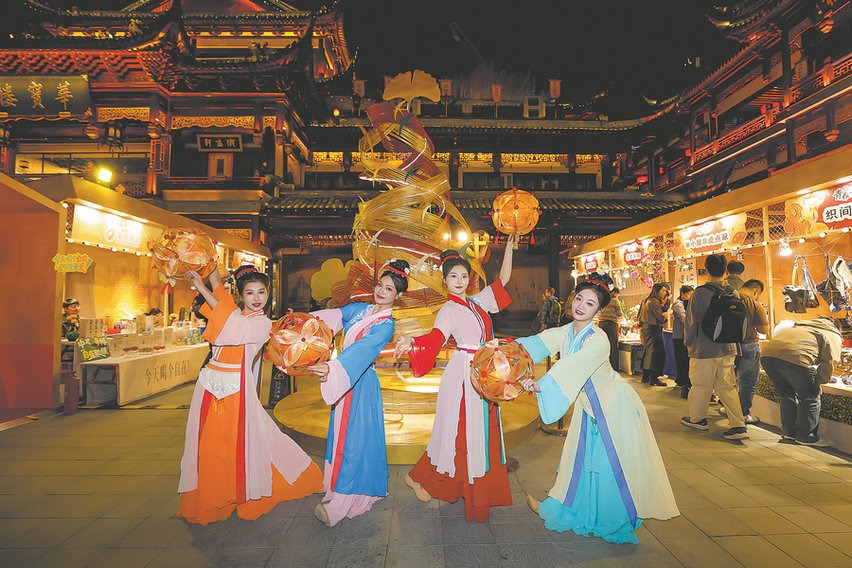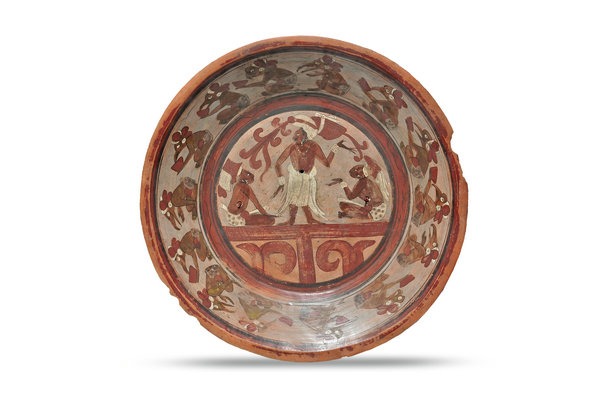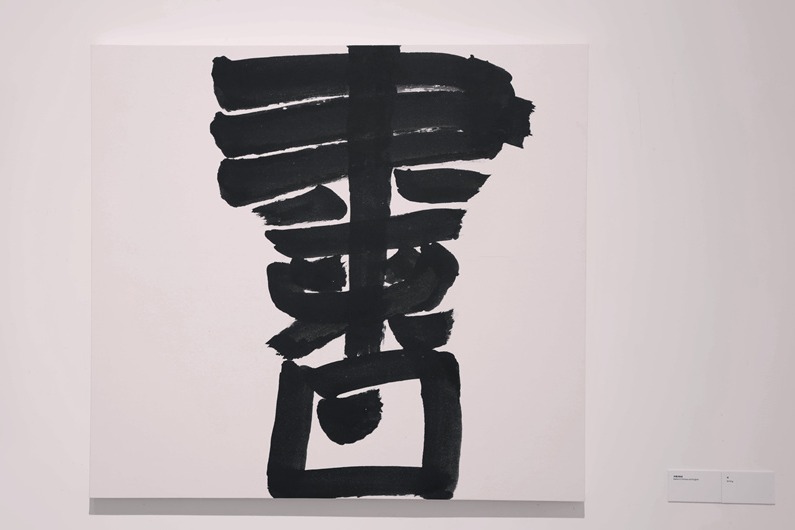Walking inside a moving symphony
Composer transforms Beijing into a groundbreaking fusion of sound, space and human connection, Chen Nan reports.

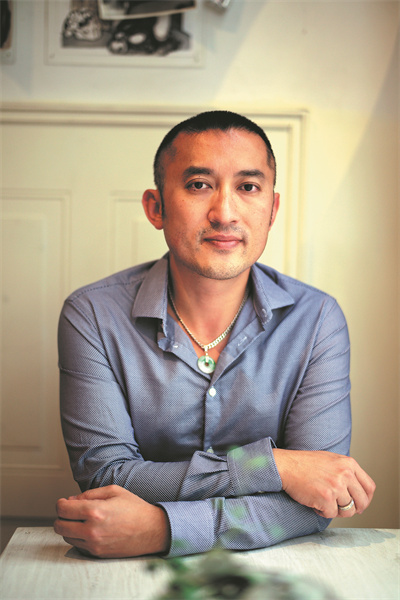
"Phones were originally created to connect people, but now they act as barriers. Despite being physically close to others, whether on the subway, at home or in public spaces, many people seem to be emotionally distant, lost in their own digital worlds," he says. "I wanted to use technology, in this case smartphones, as a tool not to isolate, but to connect people through shared experiences."
"When a music festival takes events outside traditional concert halls and encourages people to explore the city, it transforms the experience into something much more dynamic and immersive," says Zou Shuang, artistic director of the Beijing Music Festival, which was founded in 1998 by conductor Yu Long and is one of the largest music events in the capital. "When music is embedded into the fabric of a city, it opens up dialogues between different communities and cultural spaces. It invites diverse audiences to share the same space, and experience something collectively, fostering a sense of unity or commonality."
Born in 1976 in the island province of Hainan, Huang's artistic vision is deeply rooted in his upbringing. He grew up in a household immersed in music — his father, a composer, was his first teacher, introducing him to piano and composition at an early age. In his childhood village, art was a communal affair. The most vibrant place was the open-air threshing ground, where villagers dried rice by day and gathered by night for makeshift performances. People would bring their own stools and food, watching local theater troupes perform under the stars.
"At that time, theater was public; it belonged to everyone," Huang recalls. This communal spirit became the foundation of his artistic philosophy — music should not be reserved for an exclusive few but should be a way for people to connect and share experiences.
Huang's academic journey later took him from the Shanghai Conservatory of Music to the Oberlin Conservatory and the Juilliard School in the United States, where he studied both Chinese and Western traditions. He now teaches composition at the Mannes School of Music in New York.
Yet, even after years abroad, his artistic identity remains deeply intertwined with Chinese culture and philosophy. "Leaving my hometown helped me realize how to integrate the essence of the East into my new works," he says.
City of Floating Sounds is also a reflection of Huang's deep connection to Eastern philosophy, balancing concepts such as presence and absence, sound and silence, large and small. The music flows like a breeze through the city, without a clear beginning or end, dissolving the traditional structure of a concert.
"This work reflects the flow of life itself, constantly in motion, constantly evolving," Huang says. "There's no fixed stage, no boundary between audience and performer. The entire city is part of the performance, and the audience becomes part of the symphony."


